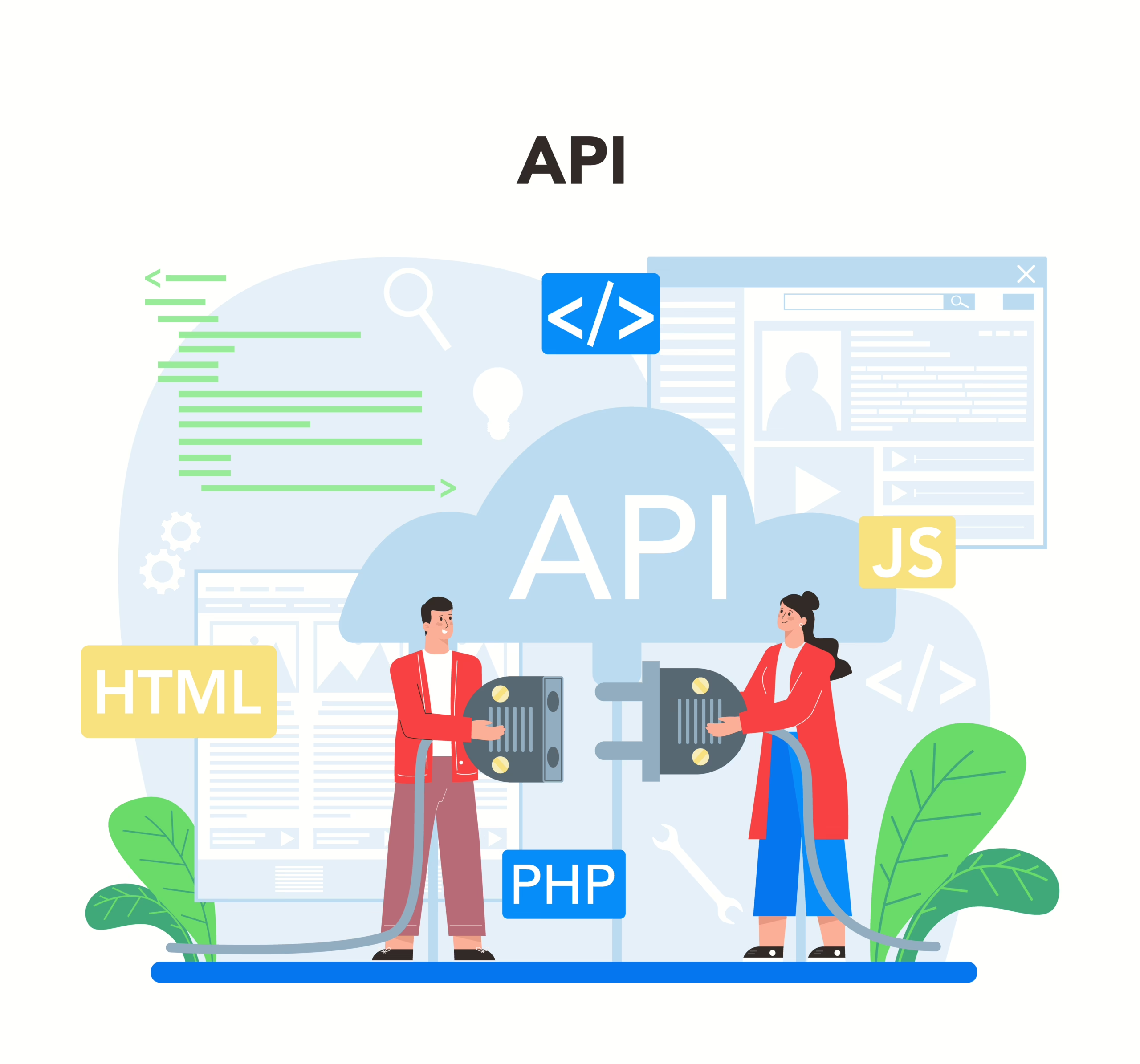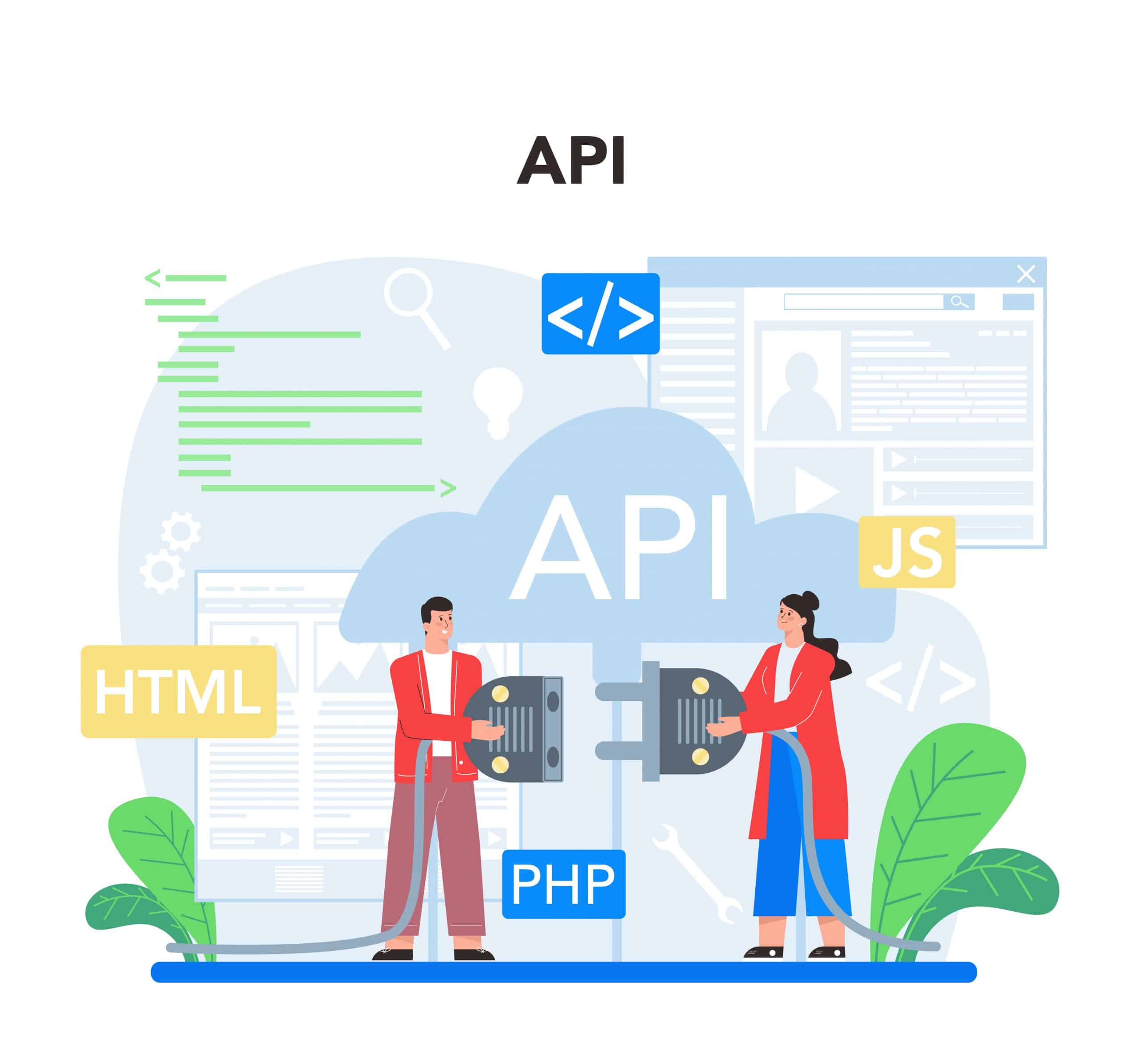At Sreyas IT Solutions, we specialize in building scalable, data-driven communication systems tailored for outreach, advocacy, and engagement. Our team has successfully implemented the enhanced Twilio Call Trigger API in live project Acespace for political campaigns, non-profit organizations, and civic engagement platforms. By integrating this upgraded API, we’ve enabled real-time, personalized voice call workflows that leverage granular location and demographic data—such as congressional and state legislative districts—for smarter targeting. With our hands-on experience in securely managing authentication, optimizing API payloads, and tracking call performance via callId, we ensure seamless backend integration and reliable call delivery. Whether it’s driving voter turnout or mobilizing community support, Sreyas transforms communication goals into high-impact results using advanced Twilio solutions.
Whether you’re managing political outreach campaigns, organizing community events, or sending personalized messages to your supporters — this API is built to be your most reliable tool in the backend.
What’s New in TriggerCallConnect API ?
The latest version of the TriggerCallConnect API brings more context and accuracy to every call made. In the previous iteration, only basic supporter information was accepted. Now, we’ve expanded the API to accept more granular location-based and demographic data, making your calls more targeted and meaningful.
New Fields Added
- County: Helps route the call to the correct regional representative.
- CongressionalDistrict: Targets the right legislative area.
- StateLegislativeDistrict & StateHouseDistrict: Drill down to local government representation for precise engagement.
This data can be used to customize call scripts, route calls based on districts, or even trigger workflows specific to each region.
API Endpoint
POST https://dev-1766.twil.io/TriggerCallConnect
Use this endpoint to initiate a Twilio-powered call based on supporter data provided in your POST request.
Authentication
This API uses Basic Authentication.
Header Example:
Authorization: Basic {AUTH_KEY}
Make sure your {AUTH_KEY} is securely stored and only accessible in backend or server-side environments. Avoid using it in client-side code or public repositories.
Required Headers
| Header | Value |
| Content-Type | application/json |
| Authorization | Basic {AUTH_KEY} |
Request Payload Structure
Here’s a breakdown of the fields your JSON body should include when making a POST request:
| Field Name | Type | Description | Required |
| SupporterFirstName | string | First name of the supporter | ✅ |
| SupporterLastName | string | Last name of the supporter | ✅ |
| SupporterPhone | string | Phone number with country code | ✅ |
| SupporterAddress | string | Street address of the supporter | ✅ |
| SupporterCity | string | City of residence | ✅ |
| SupporterState | string | US State (abbreviated e.g. “NY”) | ✅ |
| SupporterZip | string | ZIP/postal code | ✅ |
| County | string | County name | Optional |
| CongressionalDistrict | string | Congressional district number/code | Optional |
| StateLegislativeDistrict | string | State Legislative District | Optional |
| StateHouseDistrict | string | State House District | Optional |
Sample CURL Request
curl --location 'https://dev-1767.twil.io/TriggerCallConnect' \
--header 'Content-Type: application/json' \
--header 'Authorization: Basic {AUTH_KEY}' \
--data '{
"SupporterFirstName": "Emma",
"SupporterLastName": "Brown",
"SupporterPhone": "+15555551234",
"SupporterAddress": "456 Oak Avenue",
"SupporterCity": "Hometown",
"SupporterState": "TX",
"SupporterZip": "75001",
"County": "Dallas",
"CongressionalDistrict": "32",
"StateLegislativeDistrict": "14",
"StateHouseDistrict": "22"
}'
Successful Response
{
"status": "success",
"message": "Call triggered successfully",
"callId": "CA7fa59f9309e4bcbbadfa64a1234abcde"
}
Use the callId for tracking, analytics, or follow-up actions.
Error Response Example
{
"status": "error",
"message": "Missing or invalid parameters"
}
This usually happens when required fields are missing or malformed. Always validate your request before sending it.
Real-World Use Cases
- Political Campaigns
Target voters in specific districts with personalized voice messages based on their region and representation. - Non-Profit Outreach
Connect supporters to local representatives or invite them to events relevant to their state or county. - Customer Engagement
Automatically call customers in a specific area during outages, offers, or product launches.
Event Invitations
Use detailed location data to send event invites through calls for maximum turnout and response rates.
Best Practices
- Always test with dummy data in a staging environment before going live.
- Avoid using this API in client-side code to prevent exposing your AUTH_KEY.
- Store callId in your logs or DB for call tracking and audits.
- Use tools like Postman to test new fields interactively.
Final Thoughts
This new version of our Twilio Call Trigger API reflects our commitment to building tools that scale with your outreach and engagement needs. Whether you’re running a campaign, managing a community, or organizing large-scale initiatives — this API is flexible, powerful, and ready for action.
If you’re a developer integrating this into your project and need assistance, don’t hesitate to reach out. We’re here to help make communication smarter and smoother.








